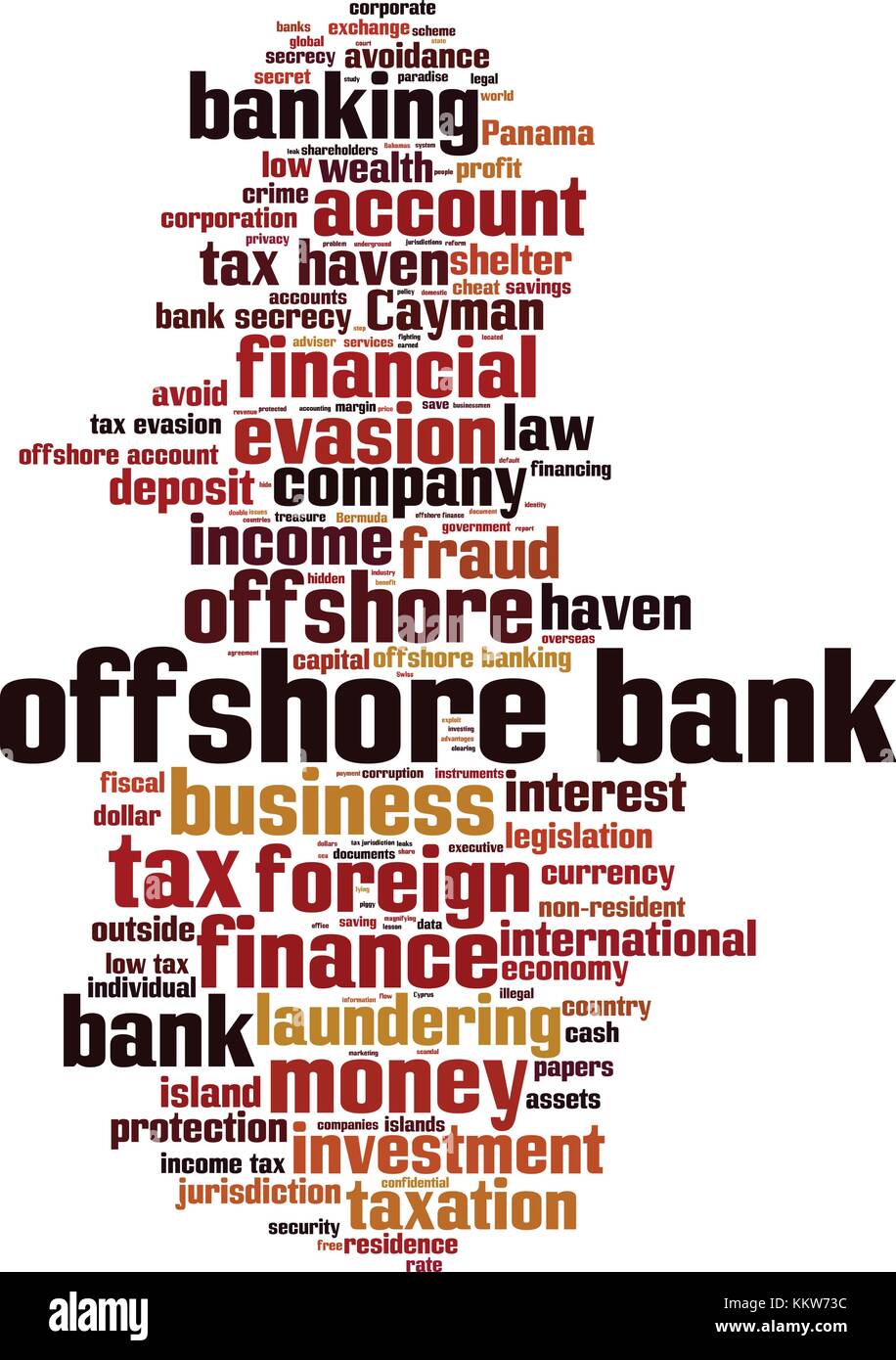Comprehending the Lawful Implications of Offshore Firm Formation

Legal Framework for Offshore Business
When developing an offshore firm, comprehending the legal structure controling its development and procedure is critical for conformity and risk administration. Offshore firms operate under particular regulations and laws that differ from those of onshore entities. The legal framework for overseas firms typically includes arrangements for firm enrollment, investor requirements, director obligations, and tax obligation responsibilities.
Firm enrollment entails submitting the essential documentation to the proper governing authorities in the selected territory. This process usually calls for in-depth information concerning the company's structure, investors, and intended tasks. In addition, overseas business need to stick to particular shareholder demands, such as preserving a register of shareholders and maintaining this details up to day.
Directors of offshore companies have fiduciary obligations to act in the finest passions of the firm and its shareholders. By adhering to the lawful framework regulating overseas companies, businesses can run with self-confidence while minimizing lawful risks.


Tax Effects and Rules
Understanding the tax obligation implications and guidelines is vital when taking into consideration the establishment and operation of an overseas firm. Taxes play a critical duty in the decision-making procedure of whether to establish up an overseas entity. Offshore companies are typically based on beneficial tax regimes, offering minimized or no tax rates on foreign-earned income. However, it is necessary to browse these tax obligation advantages thoroughly to guarantee conformity with both the regulations of the overseas jurisdiction and the home nation.
Tax obligation policies for offshore firms differ substantially across territories, and it is essential to look for professional guidance to understand the specific requirements and commitments. Failure to adhere to tax laws can cause severe effects, including hefty penalties, reputational damage, and even legal activity. Additionally, overseas territories may have reporting commitments to disclose financial information to relevant authorities. Detailed expertise of tax obligation laws and guidelines, as well as correct tax obligation preparation, are crucial to make sure the compliant and effective procedure of an offshore business.
Compliance Requirements and Coverage
Making sure conformity with regulative demands and keeping exact reporting are vital facets of handling an offshore company effectively and transparently. Offshore companies have to follow the laws and laws of both the territory in which they are included and any kind of various other appropriate territories where they perform company. Compliance demands generally include filing annual returns, financial statements, and tax obligation reports with the proper authorities. Failure to fulfill these responsibilities can lead to penalties, penalties, or even the retraction of the business's enrollment.
Along with regulatory compliance, offshore companies are typically subject to reporting requirements to make certain openness and protect against illegal activities such as cash laundering or tax obligation evasion. Coverage commitments might entail divulging details concerning the business's possession framework, monetary tasks, and beneficiaries. This info may need to be shown regulative bodies, tax authorities, or other governmental agencies, depending on the territory.
Keeping thorough and exact documents is vital for showing compliance and responding to any kind of questions or audits successfully. Offshore firms must execute robust coverage my blog systems and interior controls to guarantee that they meet all lawful demands and operate with integrity.
Property Security and Privacy Rules
In the realm of overseas business formation, an essential consideration is the interaction between possession defense methods and privacy regulations. By structuring properties within an overseas company, people can protect their wealth and diversify their holdings across various lawful frameworks. Ultimately, recognizing the intricate partnership in between property defense methods and privacy laws is paramount when thinking about overseas business why not check here formation.
Risks and Difficulties to Consider
When venturing into offshore business formation, prudent consideration of prospective risks and challenges is essential for informed decision-making and tactical preparation. One considerable threat to think about is the opportunity of enhanced scrutiny from regulatory authorities because of the perceived association of offshore entities with tax evasion and money laundering. This increased examination can lead to considerable compliance needs and prospective legal implications otherwise correctly addressed. In addition, political instability or adjustments in offshore jurisdictions can pose a threat to the continuity of procedures and the protection of properties held by the offshore business.
Difficulties might likewise develop concerning the intricacy of overseas business frameworks and the demand for skilled legal and monetary guidance to browse the intricate governing structures of different territories (offshore company formation). Maintaining conformity with differing worldwide laws and laws, along with possible language barriers and social differences, can better make complex the overseas business formation procedure. It is important to be knowledgeable about these threats and obstacles before continuing with offshore firm formation to minimize prospective pitfalls and guarantee a smooth and legally try this audio facility
Final Thought
In verdict, offshore company development includes browsing complex lawful frameworks, tax effects, conformity needs, and privacy legislations. Understanding these facets is critical for alleviating obstacles and dangers linked with overseas company operations. It is essential for people and services taking into consideration overseas business development to seek expert guidance to make certain compliance with regulations and to safeguard their properties properly.
The lawful framework for offshore firms generally includes arrangements for firm registration, investor demands, director obligations, and tax obligations.
Supervisors of overseas firms have fiduciary tasks to act in the ideal rate of interests of the company and its investors. By adhering to the lawful framework regulating offshore business, businesses can operate with self-confidence while lessening legal risks.
Additionally, political instability or adjustments in offshore jurisdictions can posture a threat to the connection of procedures and the protection of possessions held by the offshore company. - offshore company formation
In conclusion, overseas firm formation entails browsing complex legal structures, tax implications, conformity demands, and privacy laws.